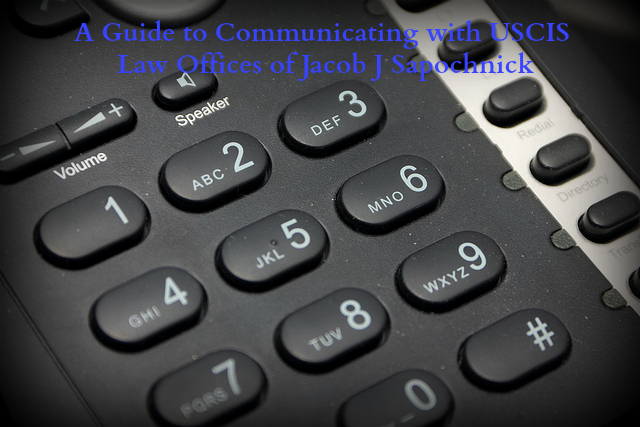
Foreign nationals applying for a non-immigrant or immigrant visa at a U.S. Consulate or Embassy abroad are now required to disclose information relating to their social media presence on their online nonimmigrant and immigrant visa applications known as the DS-160 and DS-260 respectively.
These changes were introduced early last week by the Department of State. Applicants must now provide information about each social media platform they have used within the last five years, including the name of the platform, and the username or handle used on that platform.
Applicants must also provide their current email and phone number, as well as email addresses and phone numbers they have had during the last five years.
Consular officials can use information found on social media during the visa adjudication process to determine whether the individual is eligible for the visa they are requesting. If officials find any information on social media that would lead them to believe the applicant is misrepresenting their true intentions or attempting to gain entry through means of fraud or deceit, the applicant’s visa application may be denied.
In the past, the Department of State only required social media information of individuals that were flagged for further inspection and individuals posing security risks to the United States. This information was provided in a supplemental questionnaire known as the DS-5535. Now, these questions are asked directly on the DS-160/DS-260 applications.
Continue reading

 Visa Lawyer Blog
Visa Lawyer Blog



